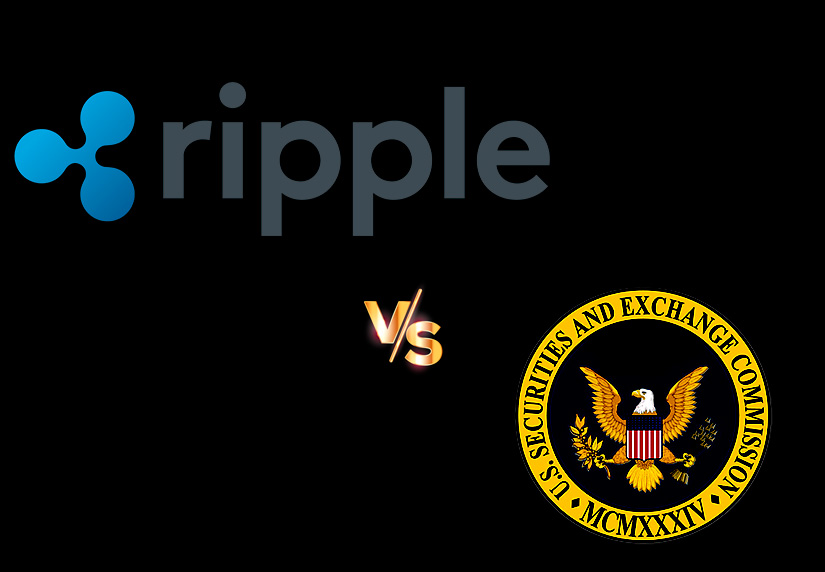The SEC vs. Ripple lawsuit is one of the most important legal battles in the cryptocurrency industry, as it could set a precedent for how digital assets are regulated in the U.S. The case has been ongoing since 2020 when the SEC accused Ripple and its executives of conducting a $1.3 billion unregistered securities offering by selling XRP, the native token of the Ripple network.
Ripple has denied the allegations and argued that XRP is not a security, but a digital currency that facilitates cross-border payments.
The lawsuit has attracted a lot of attention from the crypto community, as well as from other regulators and lawmakers who have expressed their views on the matter. Some have sided with Ripple, saying that the SEC’s action was unfair and lacked clarity, while others have supported the SEC, saying that Ripple violated the securities laws and misled investors.
One of the main issues in the case is whether XRP is a security or a commodity under U.S. law. The SEC claims that XRP is a security because it represents an investment contract between Ripple and its buyers, who expected to profit from Ripple’s efforts to develop and promote the network.

Ripple Argument Could Shine Some Light for Binance and Coinbase
Ripple has raised several defenses in its attempt to dismiss or win the case. One of them is the “fair notice” defense, which asserts that the SEC did not provide adequate guidance or warning to Ripple and the market that XRP was considered a security.
The company argues that a recent ruling by the U.S. Supreme Court supports its defense against the SEC’s lawsuit over XRP. The decision emphasized that federal laws must give “fair warning” of what they prohibit.
Ripple claims that the SEC waited too long to sue them since XRP has been in existence since 2012 and has been widely traded and used by various entities and individuals. Ripple argues that the SEC should have brought its case within five years of XRP’s creation or first sale, not eight years later.
The final verdict of the case is likely to be issued sometime after the discovery phase is completed, depending on whether the court grants summary judgment to either party or schedules a trial date. Some experts have estimated that the verdict could come as early as September 2023 or as late as December 2023. However, it is possible that the case could be settled before then if both parties reach an agreement on terms that would resolve their dispute.


